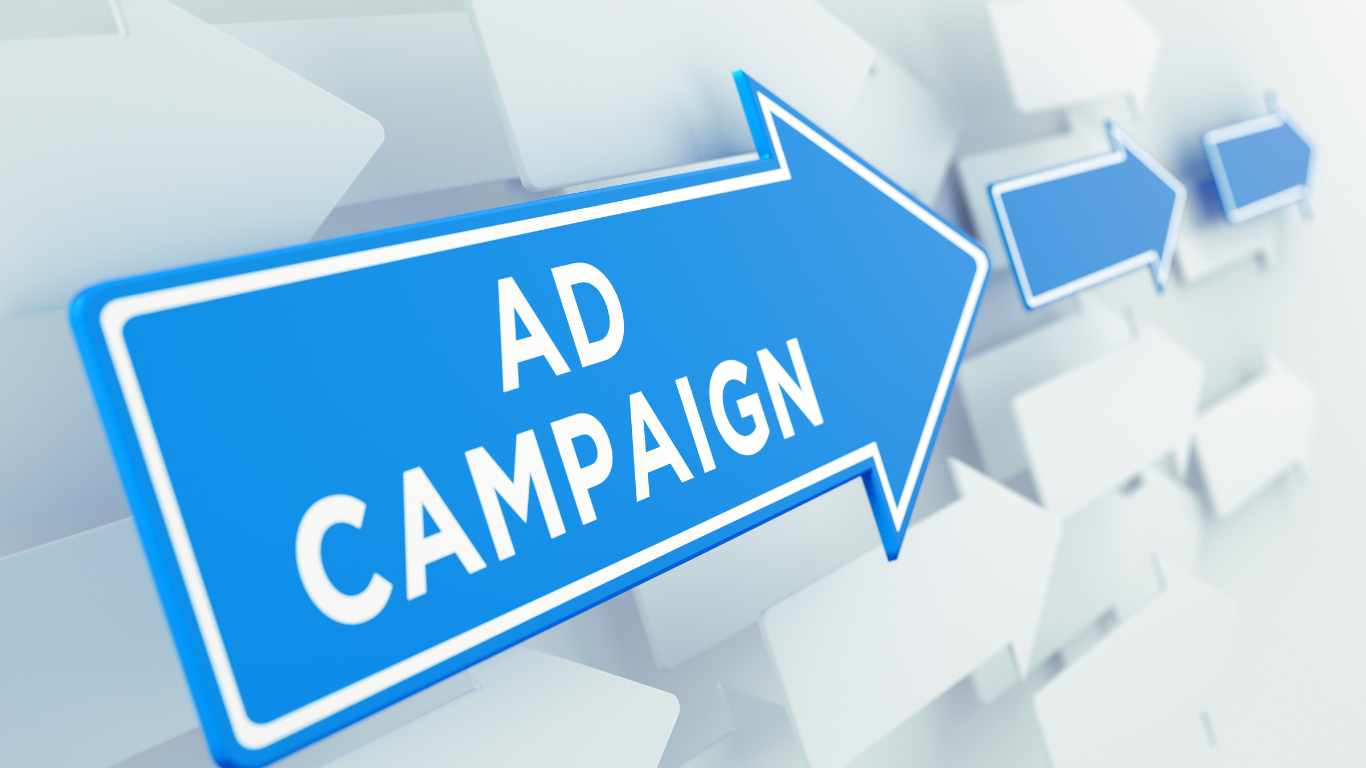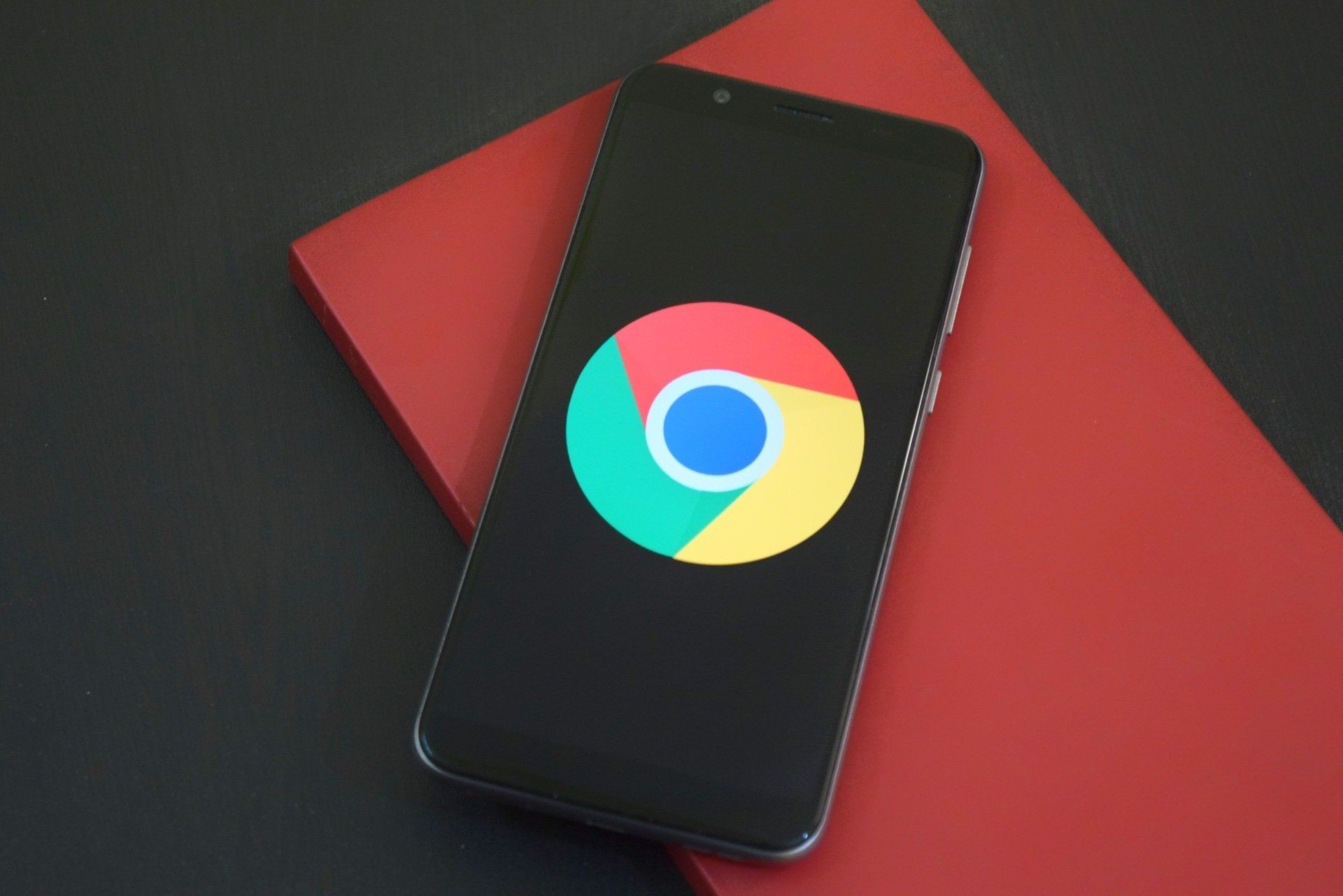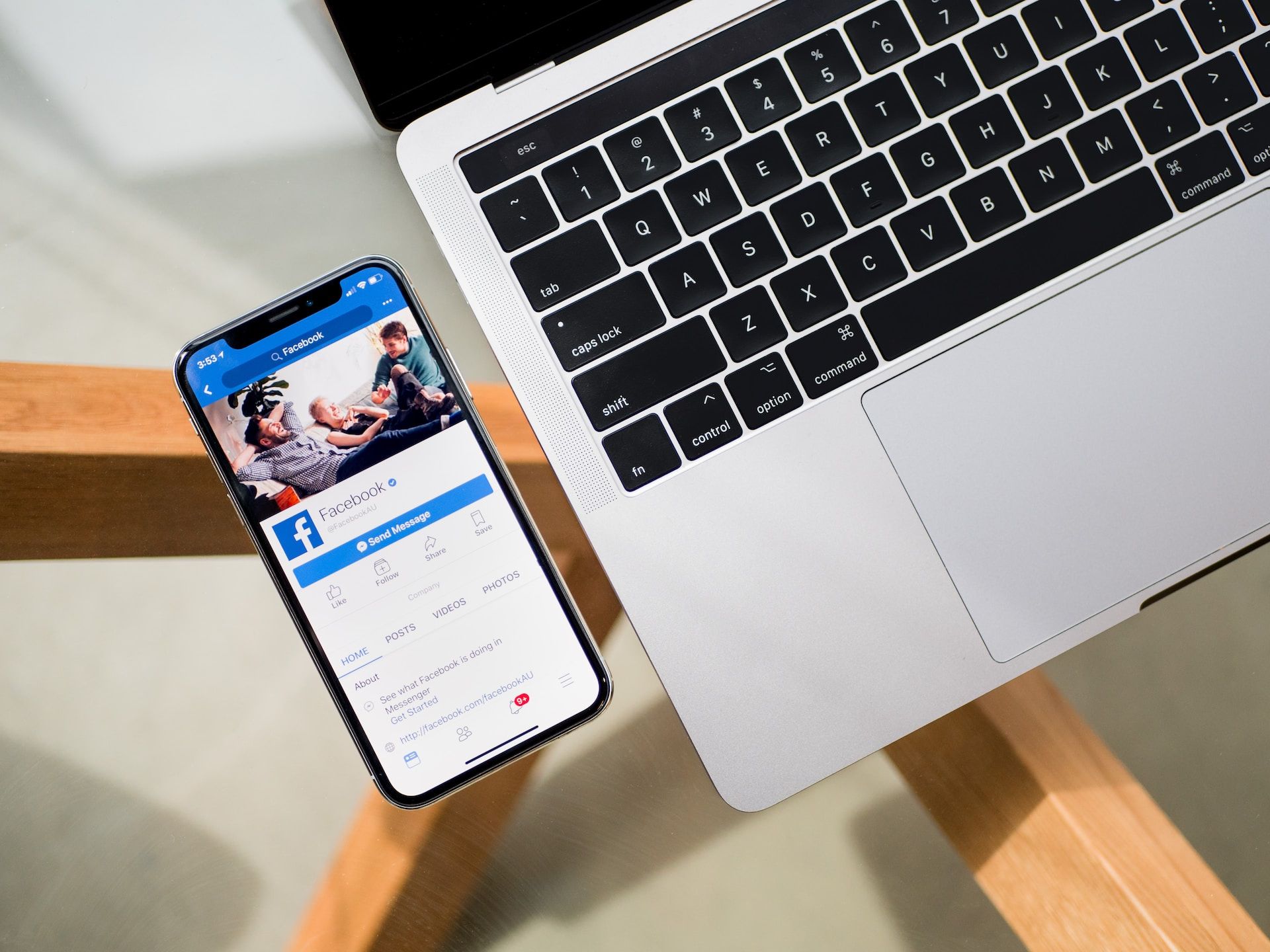The Future of Advertising: How Facebook Ads Are Helping Businesses Scale in 2025
Harnessing the power of Instagram advertising can be a game-changer for your business in today's digital arena. With over one billion active users, this visually driven social media platform provides an incredible opportunity to grab your target audience's attention and boost your online sales. To make the most of Instagram advertising, it's crucial to implement effective strategies that optimise ad performance, engagement, and conversion.
In this comprehensive guide, Elk Media Group provides 10 expert tips and tricks that will help you enhance the performance of your Instagram ads and drive better results. We'll explore essential techniques that will not only streamline your ad campaigns but also amplify their impact, all while efficiently utilising your advertising budget.
By implementing these tried-and-tested strategies, you'll be better positioned to propel your business growth and succeed in the dynamic social media landscape. So, let's dive in and uncover the secret recipe for Instagram advertising success, courtesy of our team of digital marketing experts at Elk Media Group.
1. Establish Clear Campaign Objectives
Before diving into Instagram ads creation, set clear and measurable goals for your campaigns. These objectives will guide your ad format selection, audience targeting, and performance evaluation. Common Instagram ad objectives include:
- Brand Awareness: Increase exposure and establish a strong brand image.
- Reach: Widen your audience and maximise impressions.
- Website Traffic: Drive users to your website or landing page.
- Conversions: Encourage users to perform a specific action, like making a purchase or signing up for a mailing list.
2. Utilise the Right Ad Formats
Instagram offers several ad formats, each catering to different objectives and user experiences. Choose the format that best aligns with your objectives:
- Photo Ads: Showcase your brand or product with a visually compelling image.
- Video Ads: Capture users' attention and convey your message in a more engaging, dynamic format. Video ads can be up to 60 seconds long.
- Carousel Ads: Showcase multiple images or videos in a swipeable format, ideal for highlighting multiple products or telling a brand story.
- Collection Ads: Combine video and product catalogue promotion, enabling users to browse and purchase products directly from the ad.
- Stories Ads: Boost visibility in the Stories section of Instagram, creating immersive and fleeting content that users can engage with.
3. Target the Right Audience
Make use of Instagram's granular targeting options based on user demographics, interests, behaviours, and more. Here are some targeting factors to consider:
- Custom Audiences: Target customers who have previously interacted with your brand. This may include website visitors, app users, or customer email list subscribers.
- Lookalike Audiences: Reach users who share similar traits with your existing customers, significantly expanding your potential customer base.
- Interest and Behaviour Targeting: Target users with specific interests, hobbies, or behaviours aligned with your offering.
- Demographics: Refine your audience based on age, gender, languages, or locations to reach those who are most likely to engage with your brand.
4. Create Captivating Visuals and Ad Copy
Use high-quality images or videos that convey your brand identity and resonate with your target audience. Couple these visuals with concise, persuasive copy that highlights your product's features or value proposition. Make sure your ads are not oversaturated with text, as Instagram recommends a text-to-image ratio of fewer than 20%. Here are some tips to create enthralling visuals and copy:
- Use attention-grabbing images or videos that stand out on users' feeds without looking overly promotional.
- Ensure your visuals reflect your brand identity and messaging through colour schemes, typography, and overall design.
- Craft a compelling call-to-action (CTA) that encourages users to engage and take the desired action.
- Address potential objections, answer users' questions, and communicate the benefits of your offering succinctly.
5. Employ Relevant Hashtags
While less prominent in Instagram ads compared to organic posts, hashtags can still contribute to greater visibility and improved ad performance. Add relevant hashtags to your ad copy that align with your target audience and campaign objectives. Research popular industry-related hashtags or create unique branded hashtags that encourage user-generated content.
6. Test and Optimise Your Ads
Monitor your ads' performance using Instagram Insights to evaluate key metrics such as impressions, reach, engagement, and conversions. Continuously test and optimise different elements of your ads, such as visuals, copy, targeting, and ad formats, to identify components that perform best for your objectives. A/B testing (also known as split testing) is a useful method for comparing two ad variations, allowing you to make data-driven decisions to maximise ad performance.
7. Plan Your Ad Budget Wisely
Efficiently allocate your advertising budget to maximise return on investment. Determine the daily or lifetime spend caps for your Instagram ad campaigns and set a cost-per-impression (CPM) or cost-per-click (CPC) bid limit. Regularly monitor your ad spending to prevent overspending and ensure your ad dollars generate desirable results.
8. Leverage User-Generated Content
User-generated content (UGC) adds authenticity to your ads, increases user trust, and boosts engagement rates. Feature real users of your product or service in your Instagram ads, showcasing their stories, testimonials, or reviews. Having a branded hashtag can come in handy for collecting and curating UGC to use in ad campaigns.
9. Utilise Instagram Shopping
Enhance the shopping experience for your audience by incorporating Instagram Shopping features into your ads. Include product tags in your ad visuals that lead users directly to the product page, facilitating a seamless shopping experience.
10. Collaborate with Influencers
Partner with relevant Instagram influencers who cater to your target audience and align with your brand values. Influencers can promote your products in their posts or stories that you can then promote as Instagram ads, increasing credibility and driving better ad performance.
By incorporating these tips and tricks into your Instagram advertising strategy, you can leverage the platform's full potential, drive sales, and boost your online presence. Keep in mind that experimentation, creativity, and continuous optimisation are crucial to stay ahead in the competitive and ever-changing landscape of social media marketing.
Unlocking Instagram Advertising Success with Elk Media Group
In conclusion, Instagram advertising can be an indispensable tool to boost brand awareness, foster customer engagement, and drive sales in the increasingly competitive digital landscape. From setting clear goals to optimising ad creatives, targeting the right audience, and employing effective ad formats, numerous factors contribute to successful Instagram ad campaigns. Mastering these elements takes time, creativity, and continuous learning, which may seem daunting when navigating the platform on your own.
That's where Elk Media Group comes in. As a leading
digital marketing agency, we specialise in crafting comprehensive social media marketing strategies, including Instagram advertising management. Our team of seasoned marketing experts can create, implement, and optimise high-performing Instagram ads campaigns that align with your business objectives and maximise your return on investment.
Don't let the complexities of Instagram advertising hold your business back. Reach out to Elk Media Group today and discover the benefits of partnering with a team that is adept at navigating the dynamic world of social media marketing. Together, we'll refine your online presence, strengthen customer connections, and propel your business growth through a customised and data-driven Instagram advertising approach.










